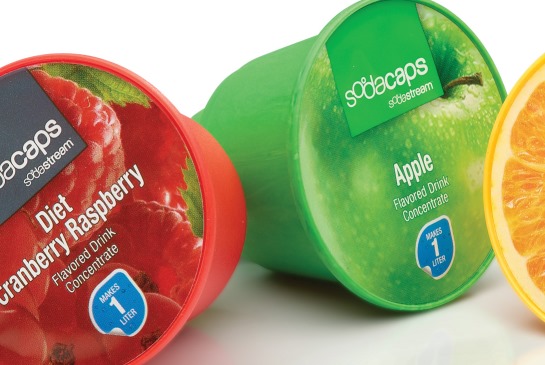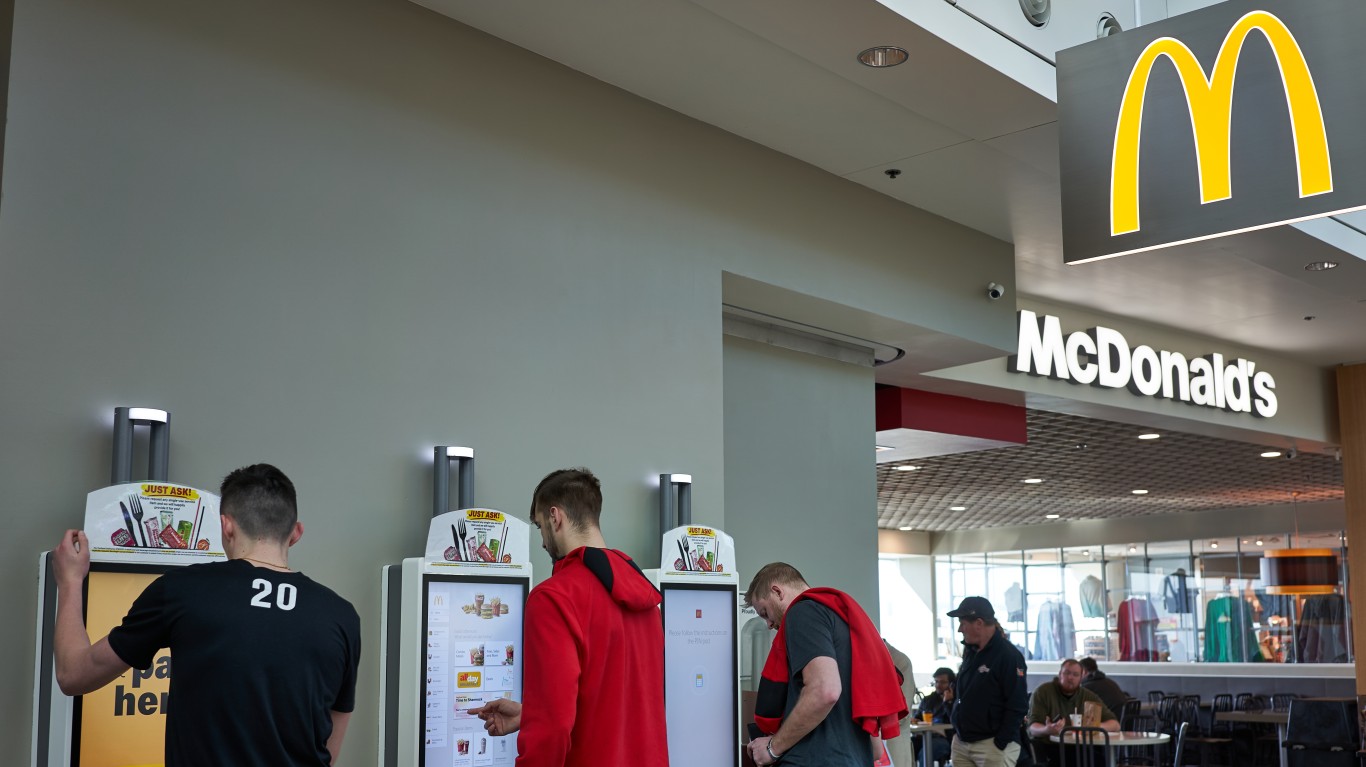SodaStream International Ltd. (NASDAQ: SODA) is getting back to where the stock was before the most recent major price pop took place. Many investors still want to consider the growth scenario for SodaStream, but perhaps the best way to consider SodaStream for new, would-be investors is as a value stock. After we looked through all the data, it seems as though SodaStream shares are reaching an uncanny valuation that deserves a review by value investors who may find themselves special situation investors.
Be advised that SodaStream is still subject to possible bad news reactions around its earnings reports and guidance. True value investors try to look beyond that, knowing that there could be pain around each financial report.
What is so interesting now about SodaStream is that this drop on Monday has brought this stock back down close to where it was before buyout chatter popped up. It was on July 24 that we questioned buyout chatter at $40 per share, which took shares from under $30 to as high as $36.53 in one session, before closing at $31.63 on the same day.
What we would point out is that SodaStream shares generally had been trending steady to higher prior to Friday and Monday. Friday’s drop was to $32.68, from $34.01 on Thursday (which was the closing high going back to August 26). Now the two-day drop has taken SodaStream back down to where the 50-day moving average is again being challenged for a downside violation. StockCharts.com shows the 50-day moving average at $32.04.
A review of the Nasdaq short interest offers no significant insight. The late-August short interest was high at 9.9 days to cover, but the nominal 6.51 million shares offers little out of the norm.
READ ALSO: Keurig’s New Technology Can’t Keep Pirates at Bay
The big issue is that the most recent buyout chatter was that the company could be taken private for $40 per share. Our own view is that SodaStream is not worth being a financial asset in a go-private transaction. That being said, anything is possible. Our take is that one of the global beverage players should acquire SodaStream, like Coca-Cola and Keurig Green Mountain. Several companies could do it, and with SodaStream’s market cap of $670 million or so it would be cheaper to buy the entire company than to make an initial stake as in the Coke-Keurig deal.
So, is SodaStream cheap or expensive in its financials? The company is still expected to grow, and it trades at about 17 times this year’s expected earnings and about 15 times next year’s expected earnings. That isn’t dirt cheap against the broader market, but it is far from expensive — Coca-Cola and PepsiCo are both valued at more than 18 times next year’s expected earnings expectations.
The big issue to consider for SodaStream is that the company could actually be more profitable than it is. This would be managed by targeting its selling, general and administrative cost growth — in part by lowering advertising and marketing, some of which already has been promised. Sales and marketing expenses are 33% of revenues. Still, that comes with a risk that consumers forget about SodaStream. The 2013 sales of $562.7 million are expected to rise 4.5% in 2014 to $588 million, and then 8.8% more in 2015 to almost $640 million.
The trick here is that the sales growth has been slowing handily, which is what you would expect from a company with shares that have been cut in more than half from mid-2013. Here is what the company said with its most recent earnings:
The second quarter was highlighted by record gas refills including unit growth in all regions underscoring the global appeal and stickiness of our home carbonation system. Our total business in our Western Europe, Asia Pacific, and CEMEA regions all posted solid increases in the second quarter as our product and marketing strategies are leading to increased household penetration and user activity. In the U.S., soda maker volumes remained under pressure as we struggled to drive consumer demand and retailers worked through excess inventory carried over from the holiday season. We are lowering our U.S. soda maker sales projections for the back half of the year while we reposition our brand behind health & wellness and refine our product line and marketing message to better promote this important consumer benefit. We are confident this strategy will have a positive long-term impact on our U.S. performance. Our revised plan for 2014 also includes operating expense reductions aimed at protecting profitability until growth trends improve.
READ ALSO: 11 Analyst Stocks to Buy Under $10 With Massive Upside Potential
Again, value investors looking at SodaStream are not likely to be talking up the great growth story — even if SodaStream could have a much larger presence. What investors have to like here is that the consumables (packets and refills) were more than 50% higher than the soda-making kits in this past quarter. Once this company moves into a refill services business that is supplemented by new kit sales, then value investors will have replaced growth investors in this company.
Cash and cash equivalents were $36.2 million as of June 30, versus $40.9 million a year earlier, due in part to spending on a new production facility and because of the acquisition of its Japanese distributor. The company had $38.6 million of bank debt on June 30, 2014, mainly for financing the investment in its new production facility, and its working capital rose more than 15% to $179.4 million.
One last consideration is that SodaStream is actually based in Israel. We do not see as many acquisitions of companies operating in Israel, but it does still occur, and national corporate governance and geographic location variances perhaps could deter some buyers.
Again, SodaStream is still subject to big swings around its financial reporting — much of which may remain negative. Some of those swings could be very negative. A value investor will start to look beyond some of that noise to make a determination whether SodaStream is now cheap enough to own.
READ ALSO: What Express and Premium Store Launches Can Mean for Starbucks
Thank you for reading! Have some feedback for us?
Contact the 24/7 Wall St. editorial team.


